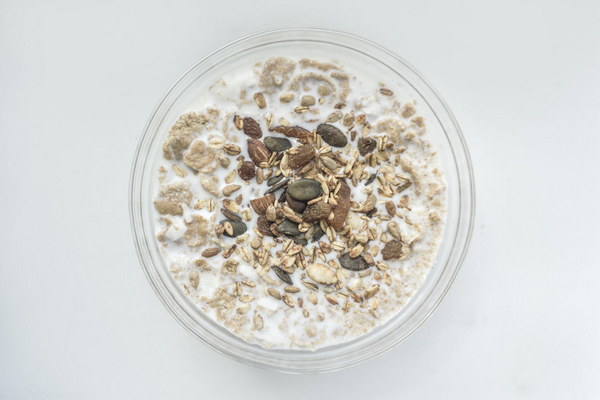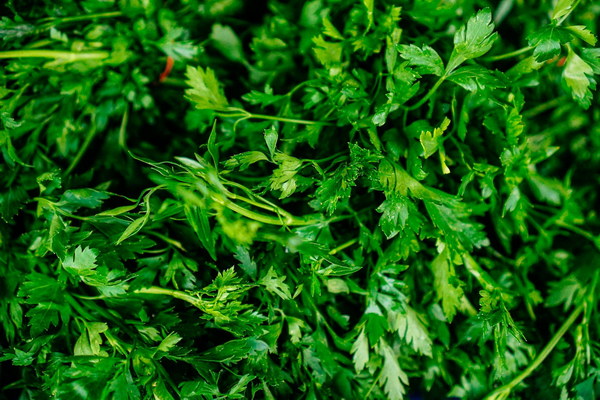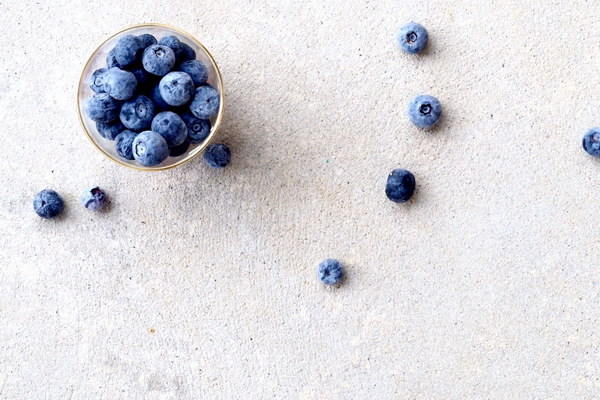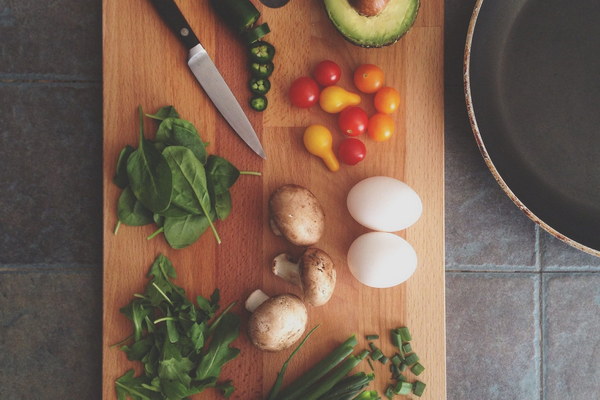Maximizing Kidney Health in Seniors Essential Tips for Nurturing and Protecting the Kidneys
Introduction:
As we age, our bodies undergo various changes, and one of the most critical organs that requires special attention is the kidneys. Kidneys play a vital role in filtering waste products from the blood, maintaining fluid balance, and regulating electrolytes. However, as we grow older, the risk of kidney-related issues increases. In this article, we will discuss essential tips for seniors to nurture and protect their kidneys, promoting overall well-being and longevity.
1. Maintain a Balanced Diet:
A well-balanced diet is crucial for kidney health. Seniors should aim to consume a variety of fruits, vegetables, whole grains, lean proteins, and healthy fats. Some specific dietary recommendations include:
- Increase intake of low-potassium and low-phosphorus foods to reduce the workload on the kidneys.
- Limit salt consumption to prevent fluid retention and high blood pressure, which can strain the kidneys.
- Choose lean proteins such as fish, poultry, and tofu to avoid overloading the kidneys with waste products.
- Incorporate kidney-friendly foods like bananas, apples, pears, and oranges into the diet, as they are rich in potassium and other essential nutrients.
2. Stay Hydrated:
Proper hydration is essential for kidney function. Seniors should drink plenty of fluids throughout the day, particularly water, to flush out waste products and maintain healthy kidney function. The recommended daily fluid intake varies depending on individual factors such as age, sex, climate, and overall health, but a general guideline is to drink at least 8-10 glasses of water daily.
3. Exercise Regularly:
Regular physical activity is beneficial for kidney health. Exercise helps maintain healthy blood pressure, reduces the risk of cardiovascular diseases, and promotes overall well-being. Seniors should aim for at least 150 minutes of moderate-intensity aerobic exercise per week, such as walking, swimming, or cycling.
4. Avoid Smoking and Limit Alcohol Consumption:
Smoking and excessive alcohol intake can harm kidney function. Smoking increases the risk of kidney disease and impairs blood flow to the kidneys. Limiting alcohol consumption to moderate levels, such as one drink per day for women and up to two drinks per day for men, is recommended.

5. Manage Chronic Conditions:
Chronic conditions such as diabetes, hypertension, and heart disease can impact kidney health. It is crucial for seniors to manage these conditions effectively through medication, lifestyle changes, and regular check-ups with healthcare providers.
6. Regular Check-ups:
Regular kidney function tests, such as blood and urine tests, can help detect early signs of kidney disease. Seniors should schedule routine check-ups with their healthcare providers to monitor kidney health and address any concerns promptly.
7. Practice Safe Medication Use:
Certain medications can be harmful to the kidneys, especially when taken in high doses or for extended periods. Seniors should discuss their medication regimen with their healthcare providers to ensure that their prescriptions are safe for kidney health.
Conclusion:
As we age, it is essential to prioritize kidney health to maintain overall well-being. By following these tips, seniors can nurture and protect their kidneys, reducing the risk of kidney disease and promoting longevity. Remember, regular check-ups and open communication with healthcare providers are key to maintaining kidney health in the golden years.









